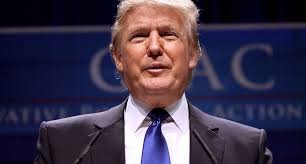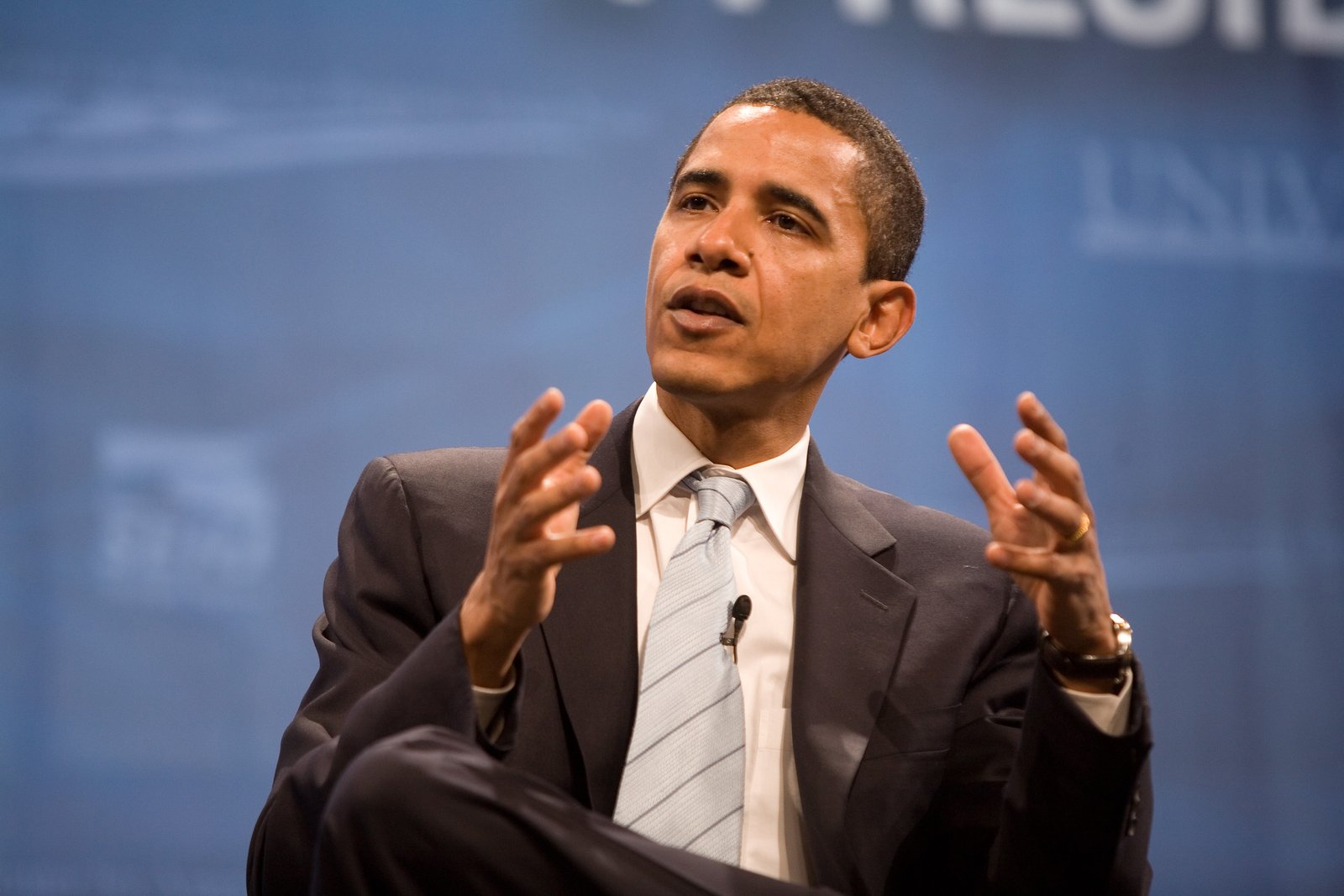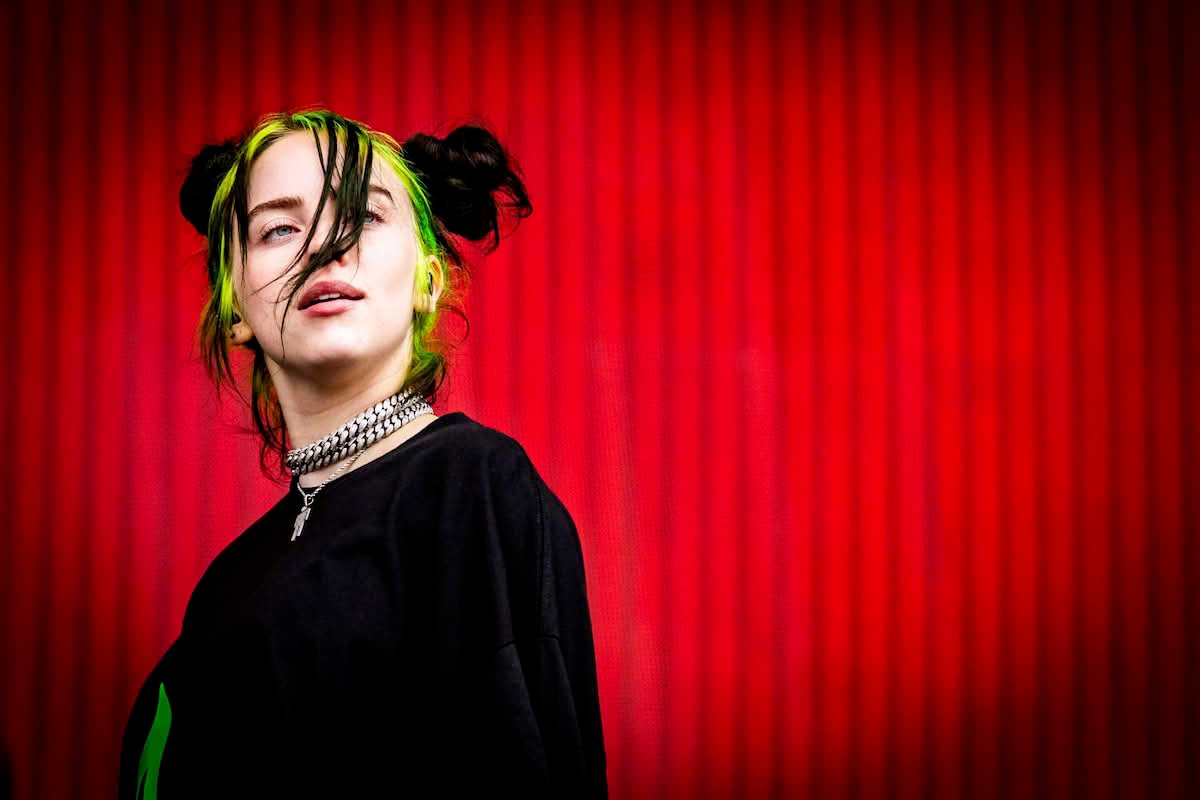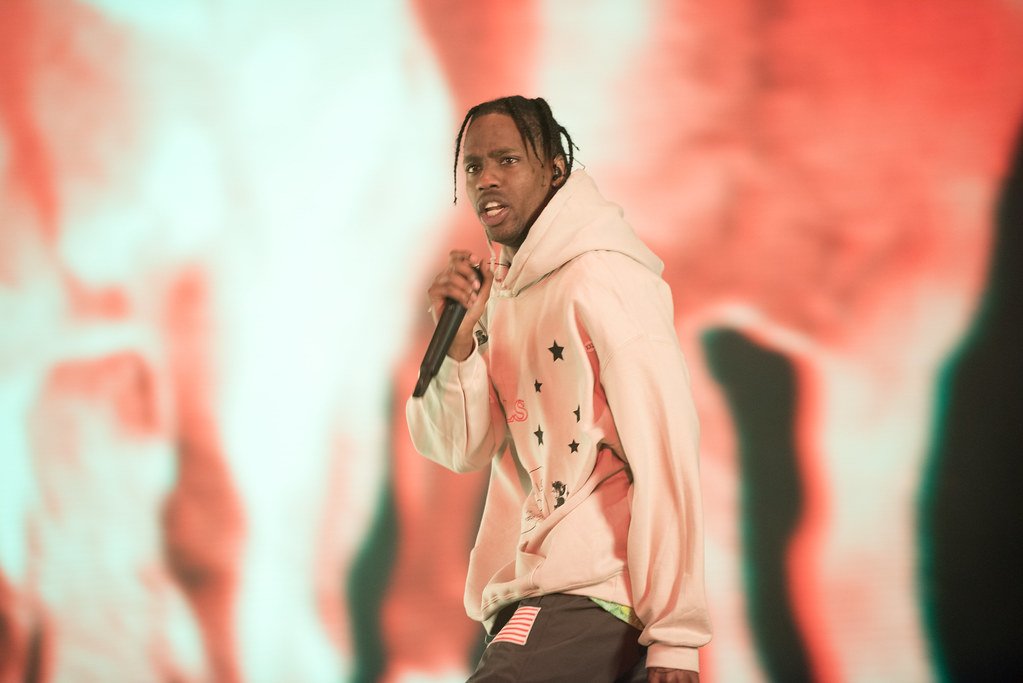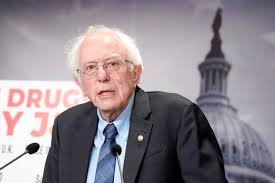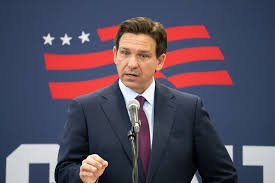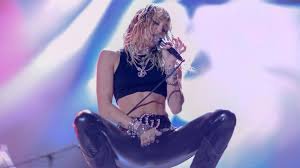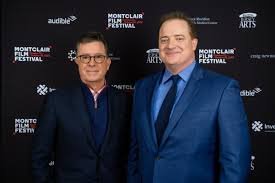Taylor Swift Was Never “Just a Pop Star”—How Her Music Became a Political Movement
Entertainment / Date: 06-26-2025

She didn’t scream into a mic. She didn’t run for office. But Taylor Swift quietly turned her guitar into a megaphone—and now, she might be one of the most influential political voices of her generation. In this piece, we’re going to unpack the evolution of her music, the unexpected shift in her activism, and the uncomfortable truth most people still don’t get about her power.
From Country Sweetheart to Pop Powerhouse—That Was Just the Beginning
Let’s rewind.
Back in 2006, a teenage girl from Pennsylvania—with blonde curls and a sparkle-covered guitar—sang about Tim McGraw, heartbreak, and high school halls. Cute, catchy, and safe. Country radio loved her. So did your mom.
But even back then, something was different.
Swift wasn’t just writing songs. She was building a narrative machine. Each track told a story. Each album felt like a diary with a lock she left half-open. And every time fans thought they knew her? She pivoted.
Then came Red. Then 1989. Boom—she left country behind, full send into pop.
The twist? While most pop stars fade after a genre shift, Swift got bigger.
“Reputation” and the Revenge Era That Wasn’t What You Thought

Here’s where it gets spicy.
Post-Kanye. Post-Tumblr takedowns. Taylor Swift was painted as the villain of pop culture—fake, manipulative, “the snake”. So what did she do?
She dropped Reputation—a dark, glitchy, vengeful record.
But let’s be real… it wasn’t just about exes or shady tweets. This was the first time Swift fought back—not with interviews or PR—but with art. The album wasn’t petty. It was strategic.
She wasn't canceling haters. She was reclaiming her voice.
Most people missed the deeper message: Swift was learning to own her image, not just her lyrics.
“Lover” to “Folklore”: When Politics Caught Up with Pop
Then came Lover—rainbows, softness, and… wait, political Swift?
Yes. She took her first outspoken stand in the real world with this album. The song "You Need to Calm Down" was more than just a hit. It was an unrepentant anthem of pride, soaked in neon.
Then she did something most global celebrities avoid like the plague: She got political. Publicly. Loudly. On purpose.
She called out Donald Trump. She posted about voting rights. She supported LGBTQ+ protections in Tennessee. She dropped the cute-girl-diplomacy act and backed progressive candidates. And sure, not everyone loved it.
But that’s the point.
Swift wasn’t playing safe anymore. She knew her fans weren’t just high schoolers. They were voters. And she had reach. Real reach. Like, “single-handedly crash Vote.org’s servers” kind of reach.
Here’s the Twist: Swift’s “Folklore” and “Evermore” Were Political—Just Quietly
At first glance, Folklore and Evermore seemed like a retreat—quiet indie records made during lockdown. Less sparkle, more cardigans. But listen closely…
These weren’t personal confessionals. They were fictionalized resistance songs.
Songs like “Mad Woman” unpacked gaslighting and female rage. “This Is Me Trying” was about internal battles we don’t talk about. “Epiphany” was a quiet tribute to healthcare workers and war trauma.
No hashtags. No slogans. Just stories—woven with empathy, grit, and a quiet kind of defiance.
This was Swift showing: you don’t need a podium to make a statement. Sometimes, all it takes is a piano and three chords.
The Eras Tour: More Than a Concert, It Was a Cultural Movement
Fast-forward to 2023-2024. The Eras Tour.
Yes, it broke records. Yes, it boosted local economies. But beneath the glitter and stadium screams, there was something more radical happening.
Taylor Swift was rewriting who gets to hold power in pop culture.
Re-recorded her old albums. Reinvented them. Turned a business move into a global event. No label had ever seen anything like it.
She weaponized nostalgia. Weaponized storytelling. And oh yeah—she made a billion dollars doing it.
Not bad for a girl who started writing breakup songs in her bedroom.
Taylor Swift in 2025: The Political Voice No One Expected
Here’s where things get… weird.
Taylor Swift isn’t a politician. She doesn’t shout. She doesn’t debate. But in an era where misinformation runs wild and celebrities go mute on real issues—she speaks.
She endorses. She educates. She posts links to voter registration during album drops. That’s power.
In fact, studies now show a measurable “Swift effect” on youth voter turnout. Politicians are taking notes. So are journalists. She’s being analyzed not just as a pop star—but a case study in soft power.
And let’s not ignore the irony here: the same woman people once dismissed as “too dramatic” now holds more influence than half of Congress.
The Bottom Line?
Taylor Swift didn’t just evolve as an artist. She evolved as an institution.
From teenage love songs to political advocacy. From country sweetheart to industry mogul. From catchy choruses to cultural force.
But here’s the kicker…
Is America ready for a world where the most powerful political voice might come from a singer—and not a senator?
Because ready or not… it’s already happening.
Follow Us
Newsletter
Subscribe to our newsletter to stay updated with our latest news and offers.
We respect your privacy.Trending
